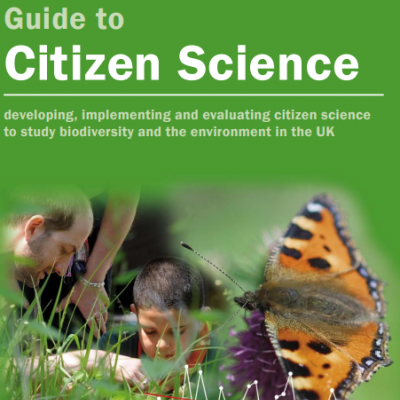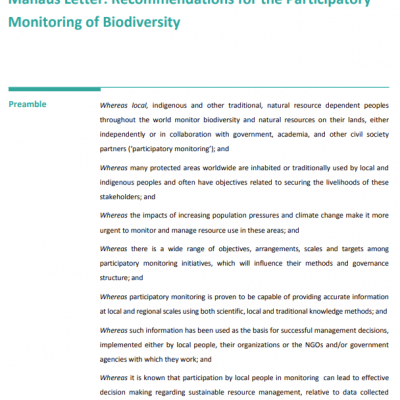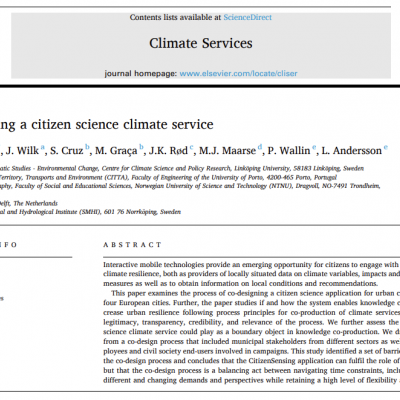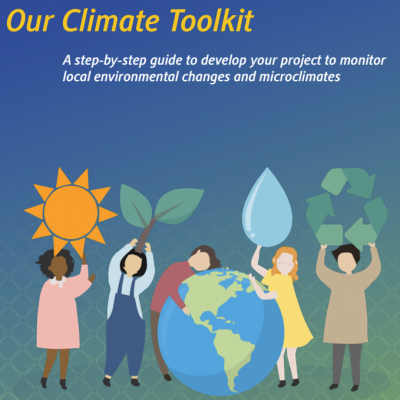Adaption to Climate Change
The Mission on Adaptation to Climate Change focuses on supporting EU regions, cities and local authorities in their efforts to build resilience against the impacts of climate change.
The Mission contributes to putting the EU’s adaptation strategy in practice by helping the regions to
- better understand the climate risks they are and will be confronted with in the future
- develop their pathways to be better prepared and cope with the changing climate
- test and deploy on the ground innovative solutions needed to build resilience
The Mission’s objective is to accompany by 2030 at least 150 European regions and communities towards climate resilience.

Citizen science provides a reliable and scalable tool to track disease-carrying mosquitoes
This journal article highlights how climate change, along with increased global trade and human mobility, has facilitated the spread of invasive, disease-carrying mosquitoes like the Asian tiger mosquito. It demonstrates the scalability of citizen science through the Mosquito Alert system, which integrates public observations with expert validation to provide cost-effective, wide-ranging mosquito surveillance. This approach not only supports early warning systems for mosquito-borne diseases but also showcases how citizen science can be scaled to address public health challenges exacerbated by climate change.

Effective engagement while scaling up
This journal article outlines engagement strategies for scaling the Mountain Rain or Snow citizen science program from a single region to multiple regions. It details how replicating a consistent structure across locations, combined with place-based text messaging and localised partnerships, supported recruitment, training, and data collection at scale. The lessons learned from this multi-region expansion provide practical insights into effective participant engagement and retention when scaling up citizen science initiatives.

Season Spotter: Using citizen science to validate and scale plant phenolgy from near-surface remote sensing
This journal article describes Season Spotter, a citizen science project designed to scale plant phenology research by integrating volunteer-generated data with near-surface remote sensing imagery. By engaging citizen scientists in tasks like identifying reproductive phenology, marking individual trees, and validating phenological transition dates, the project successfully bridges ground-based observations with large-scale satellite data. This approach demonstrates how citizen science can be effectively scaled to support environmental monitoring at regional and continental levels.

UK Environmental Observation Framework's Guide to Citizen Science
This guide offers practical insights from over 200 environmental citizen science projects in the UK, providing adaptable strategies for designing and scaling initiatives that monitor biodiversity and environmental change. Its emphasis on planning, community engagement, and data use makes it a valuable resource for expanding citizen-led monitoring in support of resilience and nature-based solutions.

Manaus Letter: Recommendations for the Participatory Monitoring of Biodiversity
This document offers practical, scalable recommendations for integrating local and indigenous knowledge into biodiversity and natural resource monitoring. Its emphasis on co-designed, community-led data collection, long-term local engagement, and policy integration provides a valuable framework for scaling citizen science approaches that support adaptive management in vulnerable and biodiverse regions.

Co-designing a citizen science climate service
This journal article presents a tested framework for collaboratively developing digital tools that empower citizens to report, interpret, and act on local climate impacts. By piloting a flexible, multi-stakeholder co-design process across four European cities, the study offers practical guidance for developing scalable, place-based climate services that strengthen urban resilience through citizen-generated data and inclusive engagement.

"Our Climate" Toolkit
This toolkit developed from the I-CHANGE project provides a comprehensive, step-by-step guide that empowers communities, schools, and cities to co-design, implement, and scale citizen science initiatives that support adaptation to climate change. By combining practical methods for technology and tool deployment, crowdsourcing, behavioural change, and long-term engagement strategies, it offers a replicable and adaptable model for expanding climate resilience through locally grounded, citizen-led environmental monitoring.